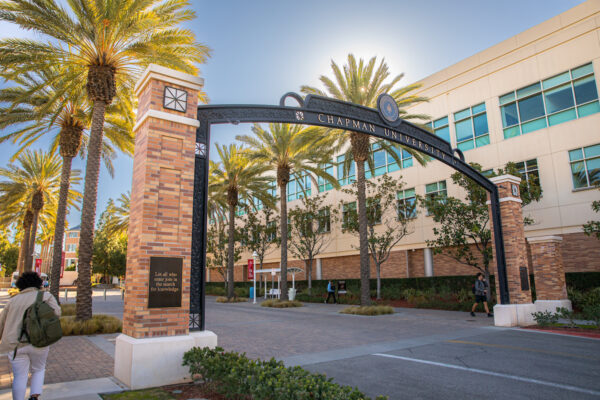Allessandra Buccella and Tomáš Dominik, post-doctoral fellows involved in research at Chapman University’s Institute for Interdisciplinary Brain and Behavioral Sciences, recently published an article in Scientific American under the title “Free Will Is Only an Illusion If You Are, Too.”
The article details how new research findings, when combined with philosophy, suggest that free will is a real concept, but it may not operate in the ways people expect.
In their piece, the authors report on how research demonstrates that some information about humans’ future actions is present in brain activity several seconds before they even become conscious of their decisions to act.
Buccella and Dominik note that they collaborate with philosophers and scientists to provide nuanced interpretations of research results “and a more fruitful theoretical framework in which to place them. The conclusions suggest ‘free will’ remains a useful concept, although people may need to reexamine how they define it.”
Though research shows that humans have the power to make conscious choices, “that agency and accompanying sense of personal responsibility are not supernatural,” the authors say. “They happen in the brain, regardless of whether scientists observe them as clearly as they do a readiness potential.”



